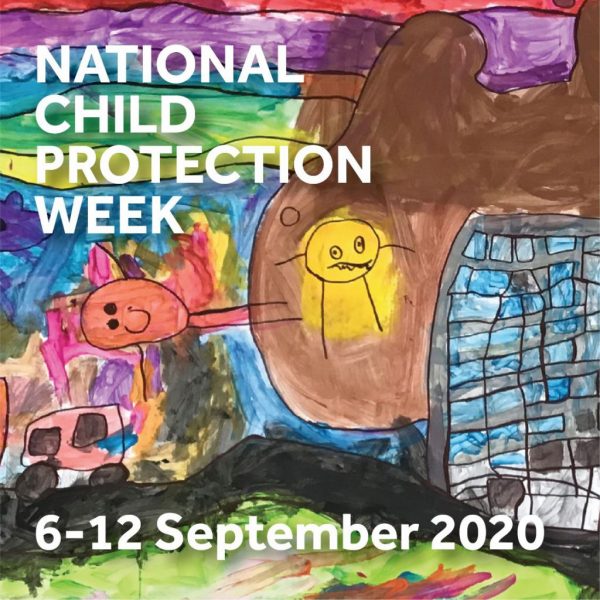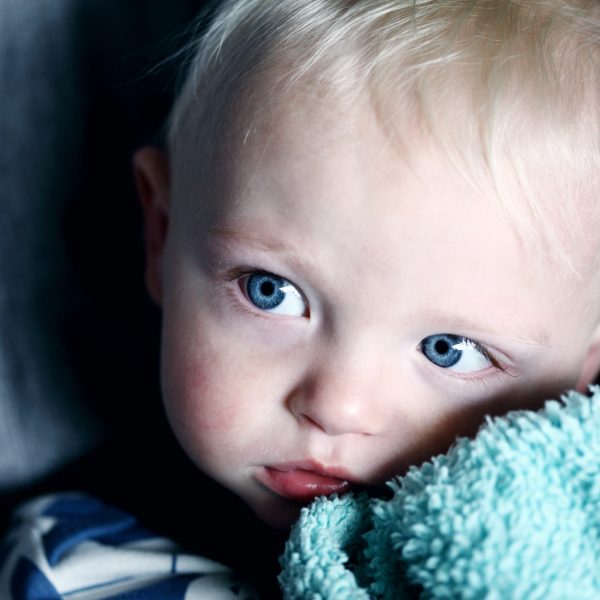Australia’s Biggest Safety Lesson on the way for Australia’s smallest learners

Australia’s Biggest Child Safety Lesson (ABCSL), an annual initiative of the Daniel Morcombe Foundation, will celebrate its fourth year this year, with a live streamed online format aiming to deliver age appropriate personal safety messages for children aged between four and seven years of age.
ABCSL is an engaging, educational video aiming to teach children personal safety strategies in an empowering manner, and provides schools, early learning services, and families with the tools to engage in effective conversations about child safety.
Last year the lesson was viewed by over 350,000 children across the country, and in 2020, to coincide with National Child Protection Week, ABCSL will take place on Thursday, 10 September, at 10:00am AEST.
This year’s ABCSL for younger children will focus on the topic of “secrets and surprises”. A common tactic of abusers is to impart small “secrets” to a child, to see if their confidence will be kept. As such, the topic of safe and unsafe secrets and surprises is an important one to address with children from a young age.
Safe secrets are those which will eventually be shared – like a special mother’s day gift, or the location of a summer holiday. No one is hurt by a safe secret. Secrets which are unsafe can make children feel sad, worried or unsafe. An unsafe secret may be someone sharing inappropriate images, and saying not to tell anyone because you might get in trouble.
Other core safety practices for children aged between four and seven years of age include:
- Feelings: Identifying their own and others’ feelings. This is the foundation for teaching children to recognise when they are feeling safe and unsafe. Teach that although we may not always be happy, we all have the right to feel safe all the time.
- Body Clues: Recognising the signs our bodies give us that we might be feeling unsafe. Teach that our bodies tell us about how we are feeling. Having a racing heart, a sick feeling in the tummy, goosebumps, shaky legs, or crying could be warning signs from our bodies that we are not feeling safe.
- It’s ok to say no. Explain that it is ok to say no to an adult or child if they are doing something that is not ok or makes the child feel unsafe. Let them know they won’t get into trouble if they tell you about an unsafe secret someone has asked them to keep.
- Keep communication open. Remind your child that it is always ok to talk to you, no matter what the issue, you care about them and want to help them to stay safe.
- Public and Private Body Parts. Just as we teach the names for other parts of the body, early in a child’s life teach them the anatomical names for their private parts. Children who can correctly identify their bodies are less likely to be targeted and more able to disclose if they have experienced harm.
- The Rules about Touch. Reinforce that children are the boss of their own bodies and that it is not ok for anyone to touch their private parts or ask them to touch theirs. It is also not ok for them to ask other children or adults to touch their private parts. Sometimes we might need help to wash and dry our bodies or need some help from a doctor. Teach children that they have the right to say no to anything that makes them feel unsafe.
- Safety Helpers. Discuss who children can talk to if they feel unsafe. Identify five Safety Helpers: adults who will listen to them, believe them, and help them to be safe. Make sure that children know how they can contact their Safety Helpers when they need them.
Registered participants will be able to access an exclusive preview of the lesson prior to the event, with ABCSL being shared along with lesson plans, activities, and guides to accompany the lesson.
The full range of the Foundation’s Keeping Kids Safe Resources, including fact sheets, activities, and videos are available from the Daniel Morcombe Foundation website, along with previous editions of ABCSL.
Popular

Quality
Practice
Provider
Research
ECEC in focus - Una Springwood’s intergenerational initiative brings young and old together through connection and care
2025-06-30 10:00:45
by Contributed Content

Provider
Practice
Quality
Research
Aboriginal Education Strategy drives early learning and school success in South Australia
2025-07-01 09:55:12
by Fiona Alston

Workforce
Policy
Quality
Research
Inclusive Practice Framework set to strengthen inclusion in early childhood settings
2025-06-24 11:37:00
by Isabella Southwell












